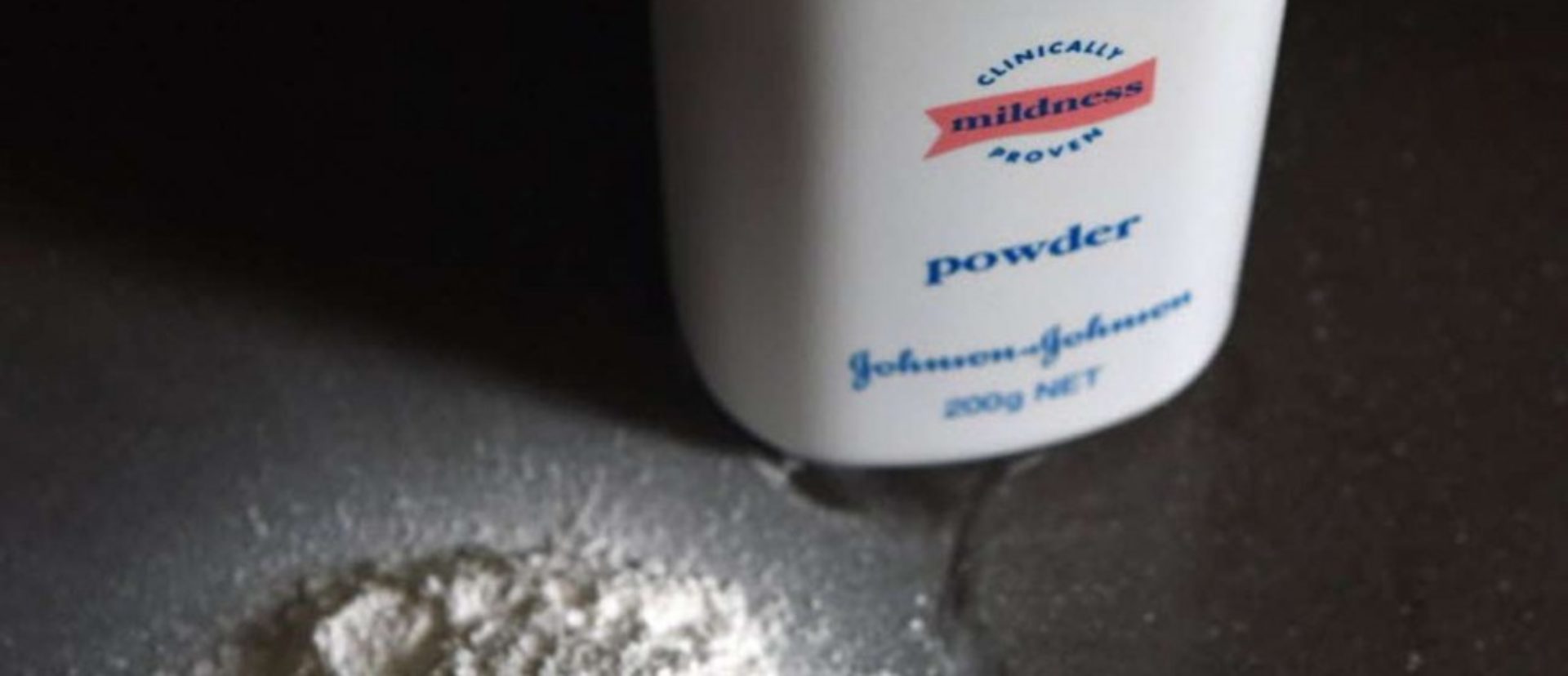Carolina Bolado · Law 360
Johnson & Johnson’s baby powder was the ‘spark’ that caused the cancer that killed a Miami anesthesiologist, an attorney for her widower told jurors Friday as he urged them to punish the company for hiding the product’s cancer links from consumers.
In closing statements in Miami, Lance Oliver, who represents Marilyn Seskin’s widower, likened Seskin’s multiple risk factors for primary peritoneal cancer to a dry forest susceptible to a wildfire, but said something still needs to trigger the fire.
“In order to have a forest fire, you need something to start the fire,” Oliver said. “That is exactly what the evidence in this case shows. She had risks, but what actually caused her to get the cancer was the spark of Johnson’s baby powder that she took her whole life.”
However, Allison Brown, arguing on behalf of J&J, told jurors this theory is “completely inconsistent with the evidence,” which shows there is no medical consensus on whether talcum powder use increases a woman’s risk of ovarian cancer.
“They have not come close to proving that there is scientific support that if Dr. Seskin had not used baby powder she would not have gotten cancer,” Brown said. “Not one of plaintiff’s treating doctors came into this case to support the claims being made here.”
Brown added that if talc traveled up the reproductive tract to the ovaries, it would presumably cause cancers in those organs as well, not just the ovaries. Further, there is no evidence of an increased risk of cancer in the people exposed to the largest amount of talcum powder: The J&J workers who handled the baby powder daily.
Despite this, Oliver told jurors that for the last 30 or 40 years, J&J has been “confounding the scientific literature” on this issue, pointing to evidence that the company knew about the cancer link and not only hid it from the public but tried to influence researchers.
“We’ve shown much more than negligence,” Oliver said. “We’ve shown an intentional course of conduct. I don’t think there’s any doubt in anybody’s mind that what they did was intentional.”
Oliver asked the jurors to award his client, Seskin’s widower Bob Sugarman, $14 million in compensatory damages and punitive damages in an “amount of money that will get their attention.”
The suit is one of tens of thousands against J&J, alleging the talc-based products contain cancer-causing asbestos. J&J ended its talcum powder sales in North America in 2020.
Sugarman, a founding partner at Miami labor and employment firm Sugarman Susskind Braswell & Herrera, sued J&J in June 2019, claiming the company hid the risks of its baby powder from consumers and caused the cancer that killed his wife.
Seskind used the baby powder for five decades as a deodorant and antiperspirant, putting it in her underwear and on her diaphragm.
In 2016, she was diagnosed with primary peritoneal carcinoma, a rare cancer that develops in the peritoneum, a tissue in the abdomen. Seskin had four surgeries and five rounds of chemotherapy before the cancer claimed her life in 2019.
At trial, Oliver told jurors that beginning in 1971, scientists found talc in tissue samples of ovarian tumors. Rather than warn consumers, J&J denied any link, sowed doubt about the results and fought regulators. He said talc, mined like other minerals, grows together with asbestos and cannot be separated from it.
